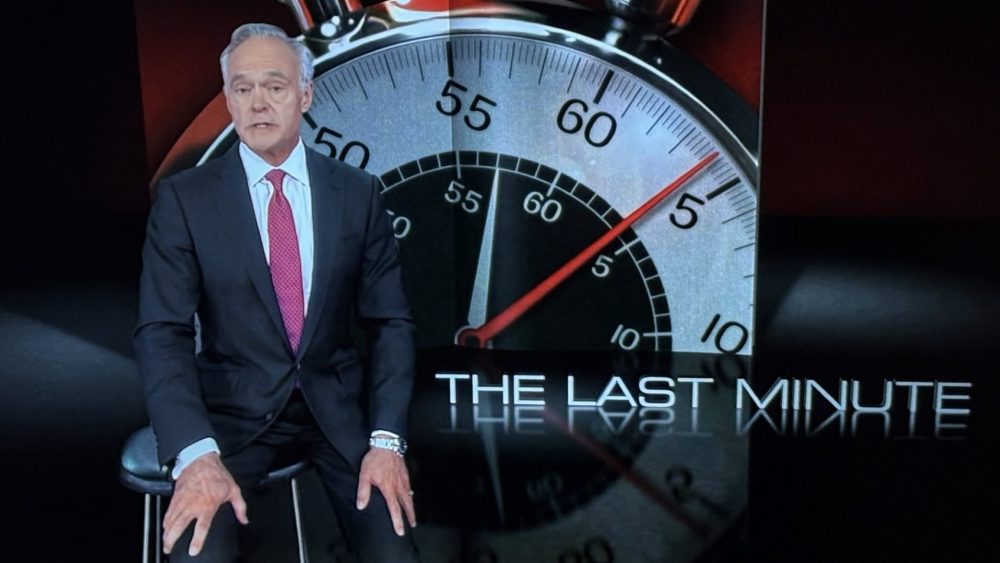’60 Minutes’ Faces Unprecedented Changes Following Executive Resignation
In an unexpected turn of events during CBS’s “60 Minutes,” the show’s signature tone dramatically shifted when Scott Pelley, the correspondent, revealed the resignation of executive producer Bill Owens. This departure arises amid heightened scrutiny from Paramount Global, CBS News’ parent company, as it seeks to navigate potential mergers and regulatory challenges.
Resignation and Implications
Owens, who has held his position during a pivotal era for the show, stated that increasing oversight had compromised the independence essential for genuine journalism. In Pelley’s recounting, he noted, “None of our stories has been blocked, but Bill felt he lost the independence that honest journalism requires.” This sentiment conveys the broader unease within the veteran news team.
Corporate Oversight and Editorial Changes
Recent shifts in management have seen Paramount increase its editorial oversight, prompting concern among the show’s staff. The introduction of an interim executive editor, Susan Zirinsky, aims to regulate story vetting and maintain journalistic standards. However, this new layer of bureaucracy has caused discomfort, leading producers to feel scrutinized by external influences that may not align with the show’s foundational ethos.
Context of the Resignation
The backdrop of Owens’ resignation is steeped in controversy that includes a lawsuit filed by former President Donald Trump against CBS News. The case alleges that “60 Minutes” misled viewers by airing edited segments of an interview with Kamala Harris. Legal experts have raised doubts regarding the strength of this lawsuit, yet its existence adds a layer of tension to the current media landscape.
Concerns Over Journalistic Integrity
Owens expressed concern over his diminishing capacity to make independent decisions centered on the integrity of “60 Minutes” and its audience. His resignation is perceived by the production team as a harbinger of potential threats to the show’s credibility, which has long enjoyed a reputation for autonomy and rigorous self-regulation.
Industry Response and Reactions
The reaction to these developments has been marked by palpable outrage among CBS News staffers, with correspondent Lesley Stahl noting, “I have been made aware of interference in our news processes, and calling into question our judgement.” This public discontent reflects a growing trend in news organizations, where anchors are increasingly vocal about internal management issues.
A Shift in Media Landscape
In recent years, many broadcast journalists at networks like MSNBC and CNN have expressed their frustrations with corporate decisions more openly, raising questions about the traditional constraints typically imposed on news personnel. Instances of dissent within the media, like that of former “Good Morning America” anchor Josh Elliott and CNN’s Brooke Baldwin, highlight a changing dynamic where anchors are beginning to push back against management decisions.
Conclusion
The resignation of Bill Owens from “60 Minutes” not only underscores pressing concerns regarding the editorial independence of CBS News but also marks a critical juncture in the relationship between journalism and corporate oversight. As the production team navigates these changes, the future of one of America’s most respected newsmagazines hangs in the balance.

